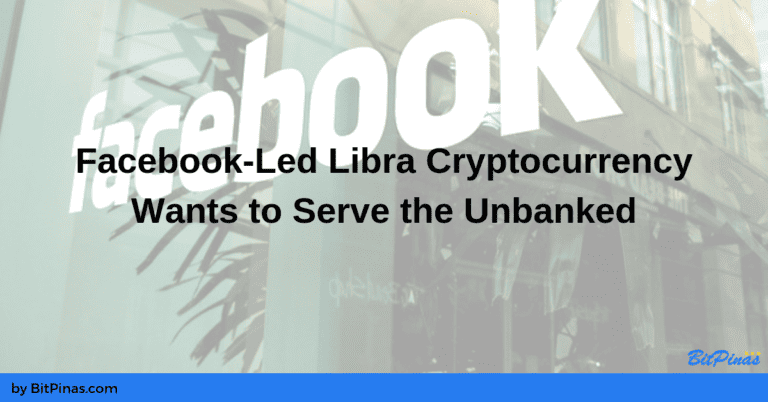Report: Crypto Scams Are Second Riskiest in the US
The lack of previous crypto knowledge on the consumer’s part enables scammers to take advantage of them by convincing them of significant returns for their investment.

Cryptocurrency scams are rampant everywhere. They also range from bait and switch to complicated ones like using technology, etc. According to a study by the self-regulatory body Better Business Bureau (BBB), crypto scams are growing in the US last year.
BBB said, as reported by Cointelegraph, the usual tactic is a promise of “significant return on investments.” This is when the scammer asked the unsuspecting victim to invest an amount which would have guaranteed high returns, often better than banks and the stock market. Also, if there are profits realized, the scammer will encourage the victim to add that profits to his investments.
BBB said the average loss for victims is around $900. For cryptocurrency scams, the median dollar lost is $3,000, which means crypto scams definitely have devastating impact on consumers.
Here are the top 5 riskiest scams according to BBB:
- Employment – a victim is enticed to a job with high pay and better working conditions. However, they may be asked for confidential information (such as identity) and “requested” to purchase something from the company.
- Cryptocurrency – From bait and switch to fake ICOs to computer viruses.
- Online Purchase – the victim purchases something but the purchase never arrives.
- Fake Check/Money Order – The victim receives a check that contains an “accidental overpayment.” For example, the check is for $250, the scammer will ask the victim to return the $50. The victim will then withdraw funds from the check but soon realizes it is fake. If the victim successfully withdraws the funds and the bank finds out the check is fake, the bank might charge it to the victim.
- Advance Fee Loan – Loan that is guaranteed but with charges that must be paid first. For example, the victim got approved for a loan for $1,000 but they have to pay the processing fee of $100 first. Upon payment of the $100, the loan never materializes.
The BBB created the BBB Risk Index with three measurements:
- Exposure – the prevalence of a scam type
- Susceptibility – the likelihood of losing money
- Monetary Loss – the median dollar amount of losses that is reported.
According to BBB, in some cases, consumers actually do not understand crypto, digital assets, and the like. The lack of previous knowledge on the consumer’s part enables scammers to take advantage of them by convincing them of significant returns for their investment.
Of course, BBB also highlighted that there are cases where the consumer stored their tokens in a crypto exchange, and then that exchange gets hacked. While traditional bank accounts are insured against theft, most crypto exchanges are not.
Source: Better Business Bureau via Cointelegraph
This article is published on BitPinas: Report: Crypto Scams Are Second Riskiest in the US






